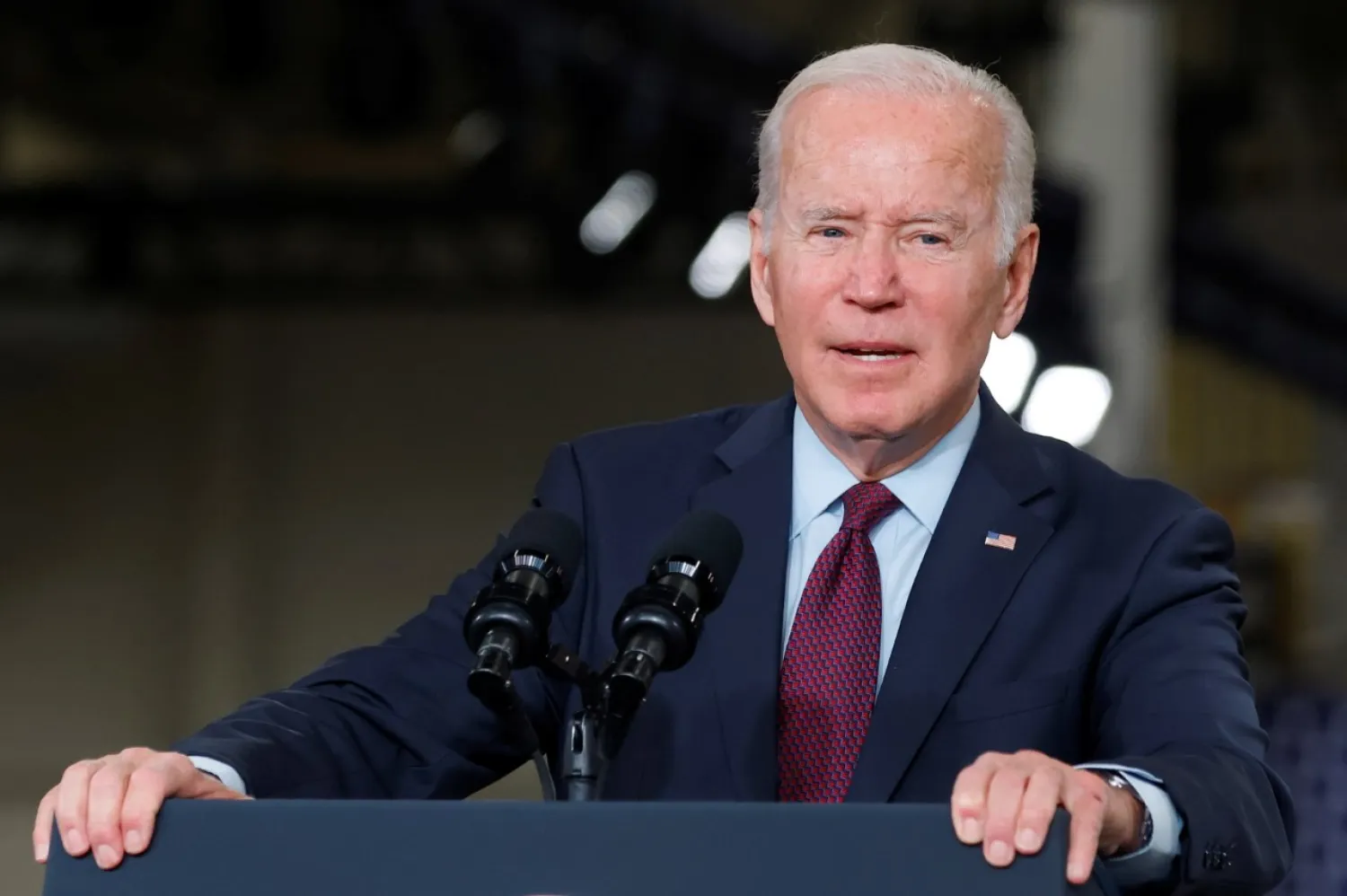The administration of President Joe Biden is renouncing itself by repeating the mistakes of former President Richard Nixon in positions related to oil and the relationship with Saudi Arabia, according to US media.
They warned of the consequences of severe disruption in energy supplies on global political and economic stability, which could lead to a big win for Russia and a massive US defeat.
The Wall Street Journal reported that the Biden administration finds “itself simultaneously snubbed by two rivals” in the Middle East, Saudi Arabia, and Iran.
“Relentless pursuit of a chimerical nuclear deal with Iran - first by the Obama administration and now its Biden redux—has left Saudi Arabia with no trust in its former partner and protector,” according to the newspaper.
It noted that “nearly a half-century ago, Saudi Arabia single-handedly rescued the US, and the world economy, from recession by refusing a 15 percent price hike” proposed by OPEC, then dominated by the shah of Iran.
In response, the Saudis flooded the market with oil, driving down prices and bankrupting Iran, and “the US agreed to sell arms to Riyadh, beginning a 50-year buying spree that has made the kingdom the largest purchaser of US weapons.”
It praised the Saudi Crown Prince and Prime Minister Prince Mohammed bin Salman, recalling when Saudi Oil Minister Ahmed Zaki Yamani arrived at the December 1976 cartel meeting in Doha, Qatar, “to propose a six-month price freeze. Rebuffed by all cartel members, he walked out, returning eight hours later from Riyadh to announce the kingdom not only rejected a price hike but would enforce its decision by boosting its production from 8.5 million barrels a day to 11.8 million.”
The newspaper noted that in those days, the US depended on foreign energy for its needs. By 2019, the US was a net energy exporter. But thanks to Biden’s suppression of domestic energy production to boost green energy, the US this year is “again a net energy importer.”
The White House “still puts domestic politics ahead of national interests. In the 70s, as now, the White House begged the cartel to wait until after the US elections to fiddle with prices.”
“Another thing that hasn’t changed is presidential blundering,” according to the newspaper, explaining that before “resigning, Richard Nixon, like Mr. Biden, favored high prices as an incentive to develop alternative energy sources—and to fund Iran’s massive purchases of US arms so the shah could serve as America’s bulwark for stability in the Mideast.”
It indicated that Saudi Arabia is “fed up with Mr. Biden’s repeated disparagement of oil as an evil that must quickly be replaced by expensive green alternatives that aren’t yet anywhere near capable of sustaining global energy needs.”
The newspaper described the situation as a “déjà vu” regarding Iran’s nuclear ambitions because even half a century ago, Tehran was seeking the bomb, “forcing the US to juggle two contradictory goals: curbing the global spread of nuclear technology and pacifying the shah,” and today the Iranian regime overthrew the Shah.
It noted that the Saudis remember that when Iran launched drone attacks on the Abqaiq oil facility in 2019, there was no US retaliation, stressing that it is “hard to exaggerate the consequences of a serious disruption of Saudi oil on global political and economic stability,” because the Kingdom is now the world’s largest oil producer and any serious interruption would be a “big win for Russia and a huge defeat for the US with the world already on the verge of recession."









